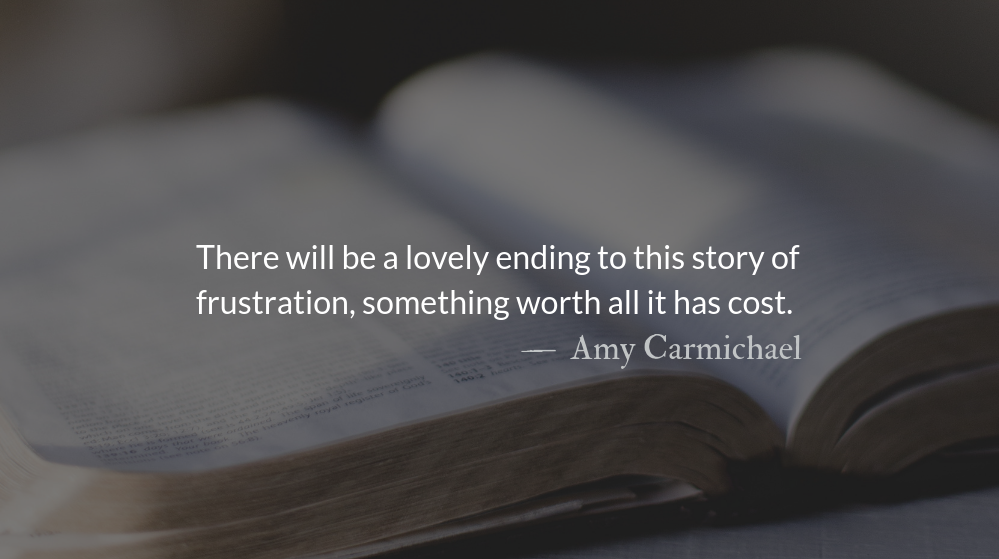Scripture Focus: Psalm 117.1-2
1 Praise the Lord, all you nations;
extol him, all you peoples.
2 For great is his love toward us,
and the faithfulness of the Lord endures forever.
Praise the Lord.
Psalm 118.4
1 Give thanks to the Lord, for he is good;
his love endures forever.
2 Let Israel say:
“His love endures forever.”
3 Let the house of Aaron say:
“His love endures forever.”
4 Let those who fear the Lord say:
“His love endures forever.
Student Writers Month is here: The student writers featured from July 15 to August 9 have received free coaching, ministry training, and seminars by special guests in addition to this publishing opportunity, the ability to re-publish their work elsewhere, and a stipend/scholarship for their work. A portion of all donations during these dates will be applied to the students’ stipends/scholarships. Find out more about the students at this link or give a one-time or recurring gift at this link.
Reflection: Praise God? But Why?
By Annette Kendall
Psalm 117 is the shortest psalm in our Bible, and this author did not mince words! It was kept short and simple. What are we to do? Praise God. Why are we to do it? Because he is ever faithful, and his love ever enduring.
Psalm 118 continues this theme and further elaborates how God has been faithful. But before outlining the how, the psalm takes pains to emphasize the why, and to call out the who. As the proclamation is made, a triple repetition (which is the Old Testament’s way of creating emphasis and expressing the superlative) addresses three groups—encompassing everyone! (See also 117.1). Thus, all people are exhorted to reiterate the why—because he is faithful and his love endures—thereby ensuring that they understand it and do not forget.
Similarly, in our day, there are many admonitions to praise God. We encounter them throughout the Bible. If we are involved in church or hang around Bible-believing people, we are sure to hear it. We sing numerous songs of praise to God and urge listeners to do so as well. But why? If I must praise God, then please tell me why!
Various reasons are given for the call to praise God. He deserves it. Things he has done merit it. It is our duty. Perhaps you have even heard that you ought to take inventory to fully realize why you must regularly praise God. All of these are valid reasons.
God granted the psalmist victory over enemies that seemed insurmountable. Victory seemed out of reach, yet the hand of the Lord prevailed. Today “enemies” may not be armies, but rather domineering bosses, impossible in-laws, abusive partners, obnoxious coworkers, or toxic relatives. Even extenuating circumstances can seem like an enemy. Like the psalmist, we may feel overwhelmed and see no escape. Will we praise God nevertheless?
Following the example of the psalmist, may we prioritize one reason for praising God above all others: because he is faithful and his love is enduring. It is from this reality that all other reasons for praise flow—victories, protection, provision, and other blessings. When we praise him for his faithfulness and enduring love, we can even more clearly see them as the source from which other blessings flow. And for this, we can continue to praise him.
Divine Hours Prayer: The Call to Prayer
The Lord is King; let the people tremble; he is enthroned upon the cherubim; let the earth shake. — Psalm 99.1
– From The Divine Hours: Prayers for Summertime by Phyllis Tickle.
Today’s Readings
Isaiah 48 (Listen 2:52)
Psalms 117-118 (Listen 1:34)
This Weekend’s Readings
Isaiah 49 (Listen 4:55), Psalms 119.1-24 (Listen 15:14)
Isaiah 50 (Listen 2:09), Psalms 119.25-48 (Listen 15:24)
Read more about Supporting Our Work
Support our students this month. Part of every donation funds stipends/scholarships for them. Donate today.
Listen to our new podcast episode, All That Has Breath
Let everything that has breath praise the one who surrendered his breath on the cross, yet lives and breathes again.








